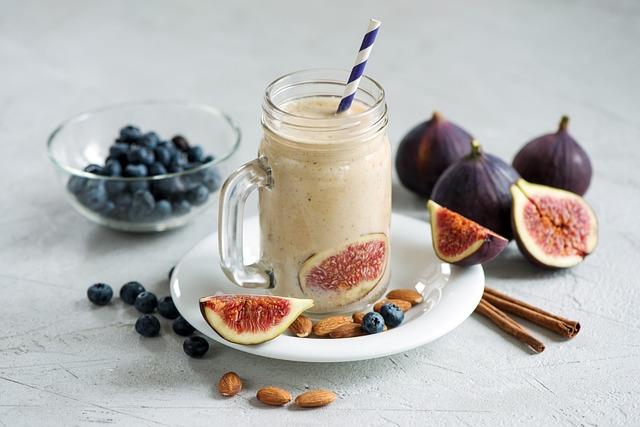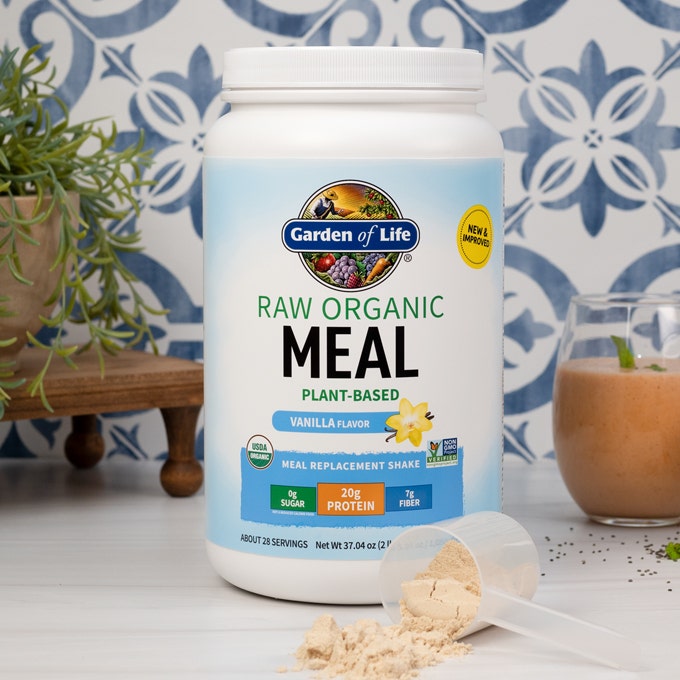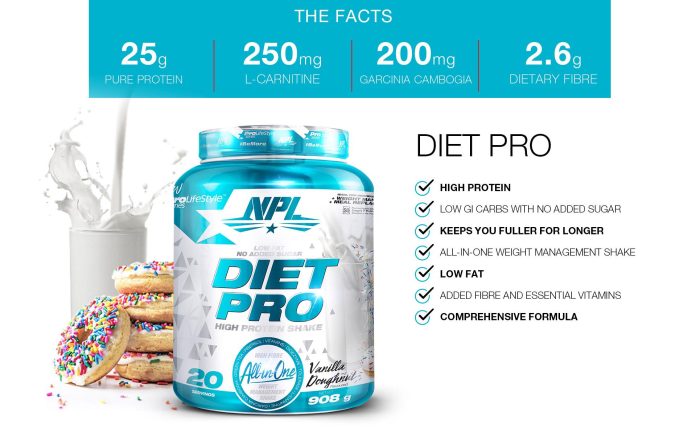In a world where the pace of life seems to accelerate with each passing day, the quest for convenient nutrition has led many to the doorstep of meal replacement shakes. These liquid concoctions promise a quick, efficient solution to the age-old dilemma of balancing time, health, and sustenance. But as they rise in popularity, questions swirl around their efficacy and role in a balanced diet. Are meal replacement shakes truly a substitute for a well-rounded meal, or do they fall short of their nutritional promises? In this exploration, we delve into the science, benefits, and potential pitfalls of these modern-day marvels, seeking to uncover whether they are the nutritional revolution they claim to be or just another fleeting trend in the world of health and wellness.
Understanding the Science Behind Meal Replacement Shakes
Delving into the composition of meal replacement shakes reveals a complex blend of science and nutrition. At their core, these shakes are designed to provide a balanced array of nutrients that mimic a full meal. Typically, they contain a mix of proteins, carbohydrates, fats, vitamins, and minerals. Proteins often come from sources like whey, soy, or pea, each offering unique benefits and digestibility. Carbohydrates are usually derived from oats, quinoa, or brown rice, providing a steady release of energy. Healthy fats, such as those from flaxseed or coconut oil, contribute to satiety and support cellular functions.
Moreover, the formulation of these shakes is often backed by scientific research to ensure they meet daily nutritional requirements while being convenient. Key considerations include the glycemic index for blood sugar control, fiber content for digestive health, and caloric density for weight management. Additionally, meal replacement shakes may include functional ingredients like probiotics, antioxidants, or adaptogens, aimed at enhancing overall well-being. While the efficacy of these shakes largely depends on individual dietary needs and lifestyle, their scientifically crafted profiles make them a viable option for those seeking a nutritionally complete and convenient meal alternative.
- Proteins: Whey, soy, pea
- Carbohydrates: Oats, quinoa, brown rice
- Fats: Flaxseed, coconut oil
Nutritional Benefits and Drawbacks Explored
Meal replacement shakes are often touted for their nutritional efficiency, offering a convenient solution for those on-the-go. These shakes are typically fortified with essential vitamins and minerals, ensuring that even in the absence of a full meal, the body receives its necessary nutrients. Some of the notable benefits include:
- Balanced Nutrient Profile: Many shakes are formulated to provide a mix of proteins, carbohydrates, and fats, mirroring the macronutrient distribution of a typical meal.
- Portion Control: Pre-measured servings can help with calorie management, making them a popular choice for those looking to lose weight.
- Convenience: Quick to prepare and consume, they fit seamlessly into a busy lifestyle.
However, relying too heavily on meal replacement shakes can lead to certain drawbacks. Whole foods offer a variety of benefits that processed shakes may lack, such as fiber and phytonutrients found in fruits and vegetables. Potential concerns include:
- Lack of Satiety: Liquid meals might not be as satisfying or filling as whole foods, potentially leading to increased hunger.
- Artificial Ingredients: Some shakes contain preservatives, artificial sweeteners, or other additives that might not align with everyone’s dietary preferences.
- Cost: Regularly purchasing these products can become expensive over time.

Choosing the Right Meal Replacement Shake for Your Lifestyle
Incorporating meal replacement shakes into your routine can be a convenient and efficient way to manage nutrition, but selecting the right one requires careful consideration of your personal needs and lifestyle. To ensure you’re making a beneficial choice, consider the following key factors:
- Ingredients: Opt for shakes with a balanced mix of proteins, carbohydrates, and fats. Look for natural ingredients and avoid those with excessive sugar or artificial additives.
- Nutritional Goals: Align the shake’s nutritional profile with your specific health goals, whether it’s weight loss, muscle gain, or simply maintaining a balanced diet.
- Dietary Restrictions: Pay attention to any dietary needs such as vegan, gluten-free, or lactose intolerance, ensuring the shake accommodates these requirements.
- Taste and Texture: Since you’ll be consuming these regularly, choose flavors and textures that you enjoy to avoid taste fatigue.
- Convenience and Cost: Consider how easy it is to prepare and whether it fits within your budget for long-term use.
Ultimately, the best meal replacement shake will seamlessly integrate into your lifestyle, providing the necessary nutrients while aligning with your personal preferences and dietary needs.

Expert Recommendations for Safe and Effective Use
To maximize the benefits of meal replacement shakes, it is crucial to follow expert guidance. Consulting a healthcare professional before incorporating these shakes into your diet is highly recommended, especially if you have underlying health conditions. Choosing a shake that is nutritionally balanced is key; look for options that include a mix of proteins, carbohydrates, healthy fats, vitamins, and minerals.
- Read Labels Carefully: Ensure that the product does not contain excessive sugar or artificial additives.
- Integrate with a Balanced Diet: Use shakes as a supplement to, not a replacement for, whole foods.
- Monitor Portion Sizes: Stick to recommended serving sizes to avoid unnecessary calorie intake.
- Stay Hydrated: Drink plenty of water throughout the day to support your metabolism and overall health.
Lastly, vary your meal replacements with different flavors and brands to prevent palate fatigue and ensure a diverse intake of nutrients. Adhering to these recommendations will help you safely enjoy the convenience of meal replacement shakes while supporting your nutritional goals.
In Summary
In the ever-evolving landscape of nutrition, meal replacement shakes continue to stir the pot of debate, offering both promises and pitfalls. As we’ve explored, these convenient concoctions can be a boon for those seeking quick, efficient nourishment or a structured approach to weight management. Yet, they are not without their complexities and considerations, demanding a thoughtful balance of science and lifestyle.
Ultimately, the effectiveness of meal replacement shakes hinges on the tapestry of individual needs, goals, and the broader context of one’s diet. They are but one thread in the intricate weave of nutrition, not a panacea. Whether you choose to sip on these shakes as a stepping stone to better health or a temporary bridge in a hectic schedule, the key lies in mindful consumption and a well-rounded approach to nourishment.
As you navigate your own nutritional journey, let this exploration serve as a guidepost, reminding you that while meal replacement shakes can be a part of the equation, the quest for health is a personalized odyssey, ever evolving and uniquely yours.


































